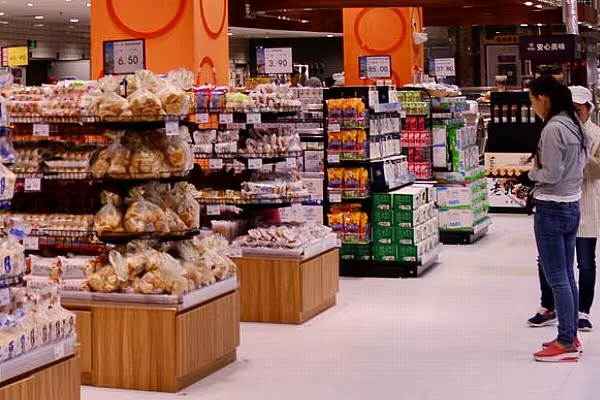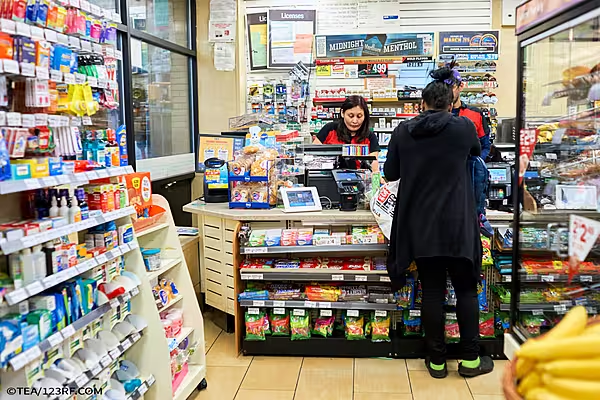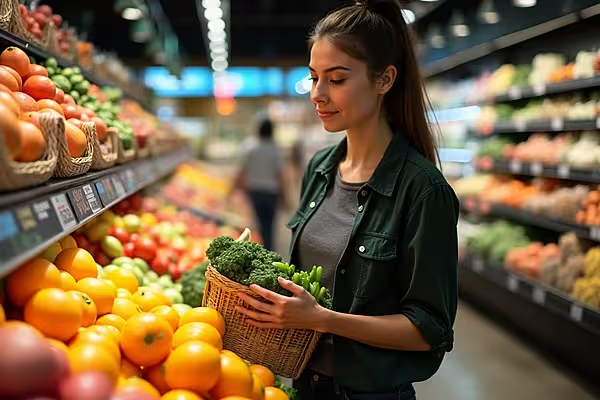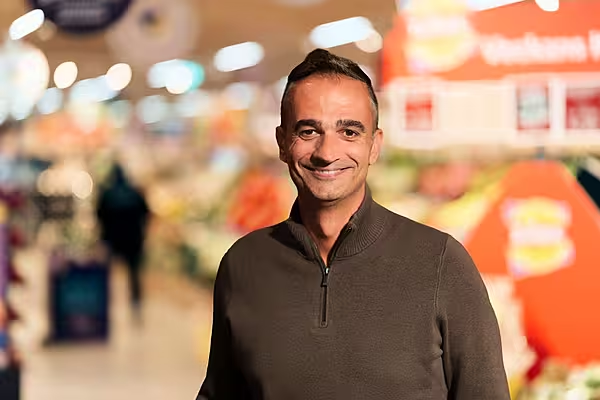P&G and Yili have emerged as China’s most popular FMCG brands during the 52 weeks ending 5 October 2018, with a consumer base of around 160 million urban households, according to latest data from Kantar Worldpanel.
Nongfu Spring, Haday, and Dali emerged as the top three performers in terms of growth rate, with more than 5% increase in market penetration year-on-year.
Twenty-one FMCG companies expanded their consumer base to more than 100 million urban households during this period, the study found.
The implementation of bold innovative strategies coupled with efforts to step up the availability of products, as well as the successful activation of omnichannel strategies, resulted in the expansion of the consumer base.
The general manager of Kantar Worldpanel Greater China, Jason Yu, said, "In a challenging environment for brands and retailers, companies that constantly innovate and evolve within the new retail era are best placed to succeed.”
Targeting Millennials
Brands in the Chinese market focused their sales strategy on products designed for millennials - a consumer base that offers companies great opportunities for growth, the study found.
For example, drinks brand Nongfu Spring witnessed a 30% growth in young shoppers during the last 12 months, followed by the phenomenal success of its product - Victory vitamin water. The company also launched the NFC juice brand 17.5° to cater to the younger consumers’ aspiration for authenticity and freshness.
Elsewhere, Coca-Cola's consumer base in China grew through the sales of smaller packs, and new lines such as Sprite Fiber Plus, which balances young consumers’ needs for both nutrition and indulgence.
Innovative Strategies
In 2017, around one new product was launched every three minutes in China but only 6% of these new launches managed to convert to incremental sales.
P&G’s fifth consecutive year as a market leader in China’s FMCG sector has been attributed to the launch of a series of new, sophisticated products, along with efforts to step up the availability of the products, and the use of social media and e-commerce platforms.
Food conglomerate Dali reported 13 million new buyers in the first 12 months through the sales of its new, natural, GMO bean-free soy milk, Doubendou.
Balancing Online And Offline Sales
Companies that were successful in expanding their shoppers base struck a balance between both online and offline channels, the study found.
For example, Yili’s online and offline buyers grew by four million and six million respectively.
For brands like Mengniu, Hengan, and Dali, offline distribution channels brought in more shoppers, while P&G added 2.4 million incremental buyers through brick-and-mortar stores.
© 2018 European Supermarket Magazine – your source for the latest retail news. Article by Dayeeta Das. Click subscribe to sign up to ESM: The European Supermarket Magazine.














